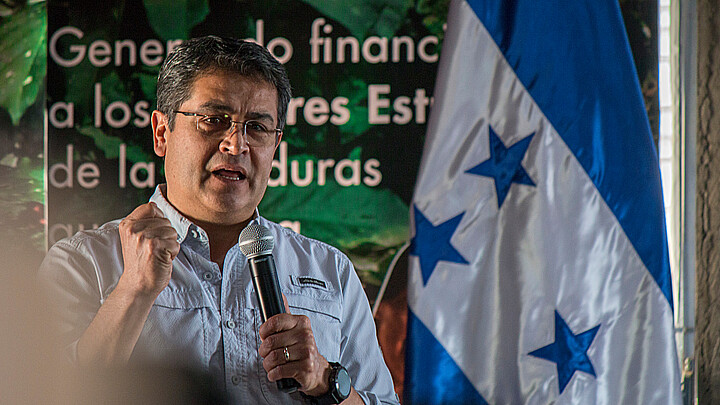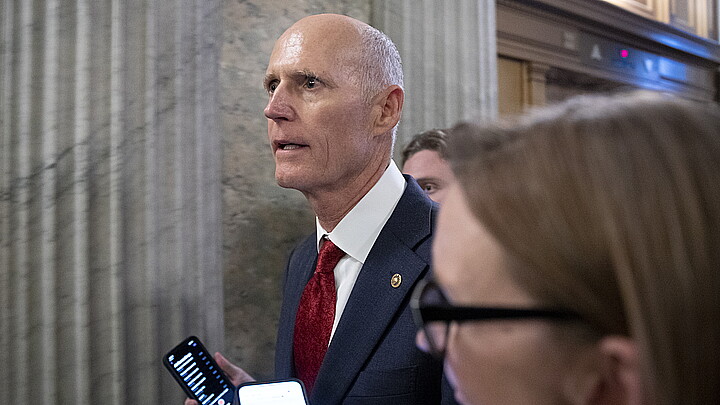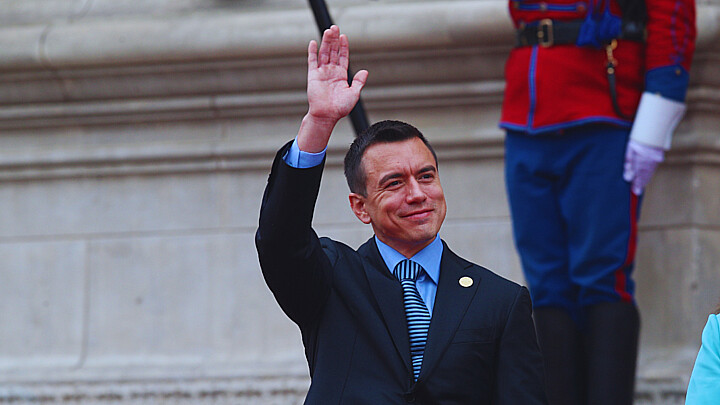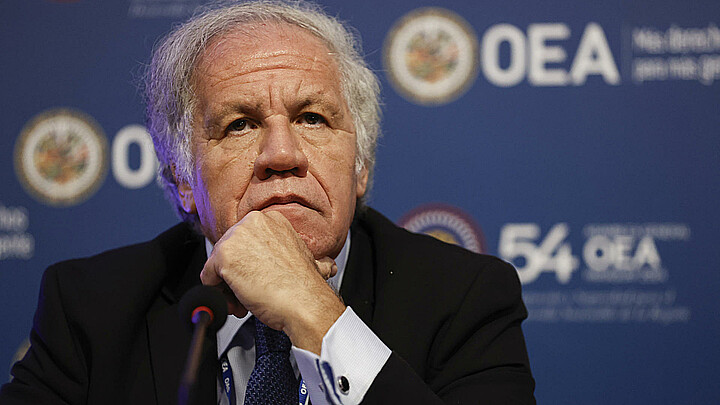Politics
Audit shows no movement on gun-trafficking goal in VP Harris' border mandate
January 13, 2022 2:36pm
Updated: January 13, 2022 2:36pm
An audit by the Government Accountability Office (GAO) shows no action has been taken on the firearms-trafficking portion of Vice President Kamala Harris’s initiative to stem illegal border crossings by improving life in Central America.
According to the report, the State Department has yet to reach out to the U.S. agencies that track legal and illegal arms imported from the U.S. to Latin American countries, a key element of Harris’ “U.S. Strategy for Addressing Root Causes of Migration in Central America.”
“State has indicated it plans to review its existing efforts and may design new efforts to address firearms trafficking in Central America. However, State has not obtained relevant available information that could support its ability to develop new firearms-focused projects in Belize, El Salvador, Guatemala, and Honduras,” said the report.
State Department officials agreed, saying it will begin reaching out to the appropriate federal agencies immediately, as well as their counterparts in Belize, Honduras, Guatemala and El Salvador.
The GAO report also included current data and statistics on illegal gun exports collected by federal agencies. It also included anecdotal evidence from Latin American officials about where drug gangs and cartels get their weapons, some of which indicates not all guns in Central America are illegally trafficked.
One shocking revelation was that legal firearms exports that go to police and military are sometimes “rented” to criminals and gangs.
“Although U.S. agencies have no reliable data on criminals’ acquisition of firearms in Belize, El Salvador, Guatemala, and Honduras, U.S. and foreign law enforcement officials said their experience had shown that criminals in those countries purchase firearms illegally in local black markets, steal them from legal firearm owners, and rent or borrow them from legal owners,” said the report.
GAO added, “U.S. and foreign officials described instances in which firearms were apparently rented or loaned to criminals by legal owners, including police officers and private citizens. For example, a Guatemalan official said that in one case a firearm registered in Guatemala was loaned by the legal owner, used in a crime in El Salvador, and then returned to the owner. Belizean law enforcement officials said such cases are difficult to prosecute because the legal owners often claim the firearm was stolen.”










